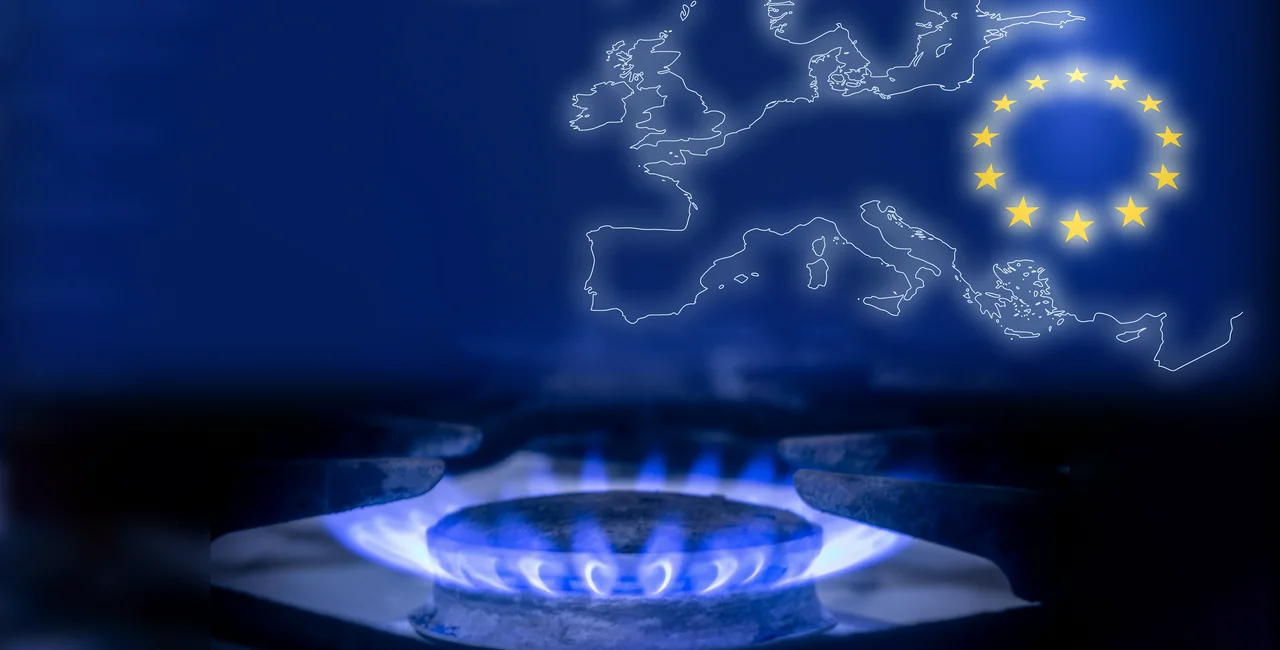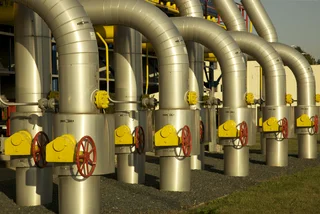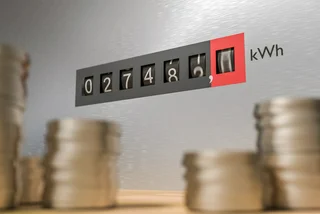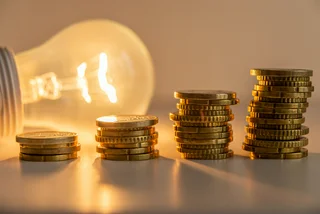Czechia is in the midst of an energy crisis. Like most of the EU, the country is suffering from a dependency on Russian energy sources; sanctions on Russia aimed at cutting this dependency following the invasion of Ukraine have turned the European energy market upside-down and Russian President Vladimir Putin is turning the screw by strangling gas supplies to Europe.
The energy crisis is the result of a combination of factors. The ill effects of malign Russian actions are only now possible due to short-sighted European energy policies adopted over recent years, while environmental factors are also affecting prices.
But the impact on consumers is already painfully clear with energy prices the biggest contributor to a cost-of-living crunch in Czechia. Here are the answers to some of the most important questions being asked about the crisis.
Why are gas supplies affecting electricity prices so much?
Most of the discussion around the current energy crisis concerns Russian gas. But huge increases are being seen in Czech electricity prices which, at first glance, should be relatively safe from the effects of gas supply issues. The Czech Republic is, after all, capable of producing large quantities of electricity cheaply from various other sources.
But prices are affected by the country’s position within the EU’s internal energy market. The EU’s energy system would be far too complex if it was not standardized but this is currently leading to high prices which some politicians consider to be artificial.
One important problem is that EU electricity prices depend on the price of the most expensive energy source on any given day. With gas prices soaring due to manipulation from the Kremlin, this situation is increasingly being seen as unsustainable. The Czech government therefore wants the EU to separate the price of electricity from the price of gas.
“This would mean the high prices for gas, which is the subject of the current energy war, would not affect electricity prices,” explained Minister of Industry and Trade Jozef Síkela. The Czech government has called an emergency meeting of the EU energy council to discuss this measure as well as others being proposed to mitigate the crisis.
What other factors are contributing?
Russian gas may be the biggest problem, but other contributing factors are making a perfect storm for electricity prices.
France, normally a major exporter of electricity to the rest of Europe thanks to its well-developed nuclear power industry, has faced a shortfall in production with many of its reactors offline this summer. Instead of exporting cheap electricity, the country is having to import.
Drought conditions have also played a role in Europe-wide shortages. Norway, a major supplier of hydroelectric power, has seen record low rainfall. And droughts have complicated the transportation of coal along rivers while making the cooling of coal and nuclear power plants more difficult.
Is the “Green Agenda” to blame?
Some, including the Polish government, suggest that the energy crisis is at least in part the result of the EU’s drive to reduce carbon emissions. Polish Prime Minister Mateusz Morawiecki called on the EU to suspend its Emissions Trading Scheme (ETS), which requires that power plants burning fossil fuels buy allowances to emit CO2.
“Why add another €90 or €100 in the form of ETS allowances to already very high electricity prices? We can revert back to that system the moment we secure energy for all of Europe and bring peace to Ukraine,” Morawiecki argued.
But the ETS is the cornerstone of the EU’s climate policy and it’s felt that after a summer of droughts, now is not the time to suspend it. What’s more, ETS allowances account for less than ten percent of the current high energy prices, so doing away with the scheme would not solve the problem.
Is the Czech government planning a national solution?
Although many of the problems affecting Czech energy prices are caused by international factors, the Czech government is drawing up plans for a national solution. The details are not yet clear, but targeted help is expected for households, companies and industry. The government has already adjusted housing benefits so that households do not pay more than 30 percent of their income (35 percent in Prague) on housing costs.
The government is also working on the establishment of a national energy trader to provide energy to public institutions for the coming year. According to Interior Minister Vít Rakušan, the government’s priority is to stop energy traders increasing deposits without limit as wholesale electricity and gas prices rise.
“Negotiations are underway and measures are being prepared to ensure the stability of energy prices in the Czech Republic for all end users: households, companies and the public sector,” said Síkela.
Is a price cap on energy coming?
Some EU countries cap the price of gas, and the Czech government and European Commission are considering similar steps.
Spain and Portugal implemented a cap on gas prices this year to facilitate the emergency generation of electricity from coal and gas-fired power plants. Electricity prices in those countries have remained much lower than in Czechia. At the end of August, the price of electricity was around €600 per MWh in the Czech Republic, while it was just over €200 per MWh in Spain. As expectations grow that the EU as a whole will cap the price of Russian gas, the price of electricity has started to fall on the European Energy Exchange.
Some are calling for an overall cap on the wholesale price of electricity, regardless of its source. But Síkela claims this would cost the Czech state CZK 150 billion for each €100 reduction in price per Megawatt hour (MWh). Capping Czech electricity prices at half their current level would therefore put an enormous hole in the national budget at a time of economic crisis.
Should Czechia ban electricity exports and save supplies for itself?
The Czech Republic exports more electricity than it imports. It seems logical, then, to suppose that if the Czech government banned the export of energy, prices would go down for domestic consumers. Looking abroad, the Hungarian government has implemented a ban on gas exports as part of emergency measures to deal with the economic crisis.
But banning electricity exports is a different proposition. Unlike gas storage or conventional battery storage for domestic electricity generation, there is no feasible way of storing huge amounts of surplus electricity.
Added to the physical difficulty are moral and regulatory ones. The Czech Republic is part of the EU’s single market and could face sanctions from Brussels if it chose to pursue such an uncooperative policy. And the country would lose a lot of friends abroad if it decided to try to hoard electricity for itself as the entire continent faces an energy crunch.
What is the outlook for prices?
Predicting the short-term development of wholesale energy prices is a fool’s game given the extraordinary volatility of the market. And decisions by Putin to stop or increase gas flows can exert a powerful effect on wholesale energy prices from one day to the next.
But consumers are already feeling the effects of higher prices; in cost-of-living data for July, the Czech Statistical Office found electricity prices to be 33.6 percent higher than they were in the same month last year. Gas was 59.8 percent pricier, and solid fuels saw a 41.1 percent increase. The price of fuel meanwhile went up by 43.6 percent compared to 2021.
But electricity prices fell sharply in anticipation of expected EU regulation including a possible price cap on Russian gas. If EU countries agree on effective regulations, prices can be expected to fall further, eventually feeding into lower prices for end-users. And while experts agree that electricity prices will be higher than they were before the war for a long time to come, surviving the coming winter without Russian gas would also bring much-needed calm to markets.












 Reading time: 6 minutes
Reading time: 6 minutes 




 English
(Advanced)
English
(Advanced)
























